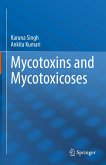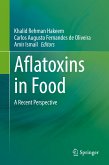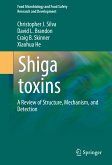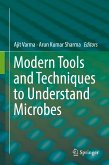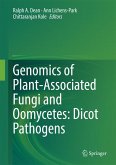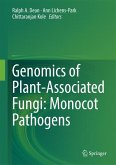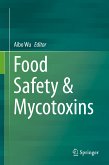Microbial Toxins in Food Systems: Causes, Mechanisms, Complications and Metabolism is a comprehensive overview of the life of these toxins from their pathogenesis through to their implications for human and environmental health. Including examples of salmonella, botulism, listeria and more, this text will be of immense value to microbiology researchers as well as food industry professionals. Beyond foodborne illness, this text also unpacks environmental toxicology and the role of microbial toxins in the development of novel anti-cancer drugs.
Emerging techniques in the detection of microbial toxins will be discussed, setting this text apart from existing books on the subject. The use of proteomics in toxin identification, for example, allows for the determination of metabolic pathways and biomarkers of pathogenicity and resistance of biotoxins. Microbial Toxins in Food Systems: Causes, Mechanisms, Complications and Metabolism furthers the study of foodborne hazards and has important implications for the improvement of safety in the food industry.
Dieser Download kann aus rechtlichen Gründen nur mit Rechnungsadresse in A, B, BG, CY, CZ, D, DK, EW, E, FIN, F, GR, HR, H, IRL, I, LT, L, LR, M, NL, PL, P, R, S, SLO, SK ausgeliefert werden.



